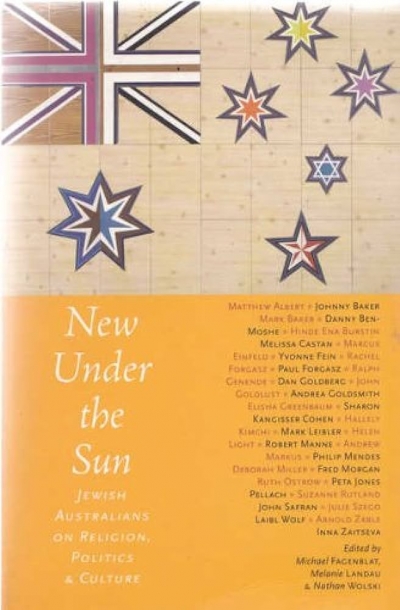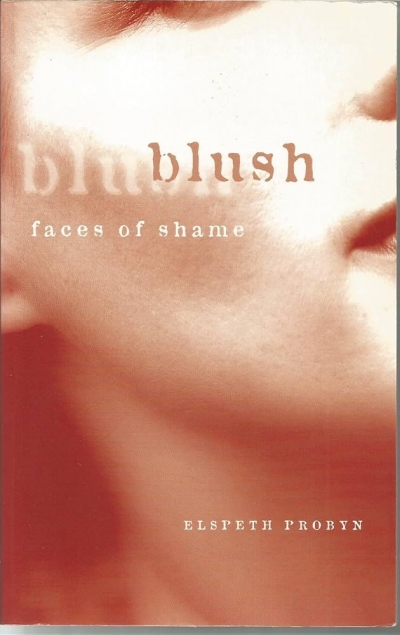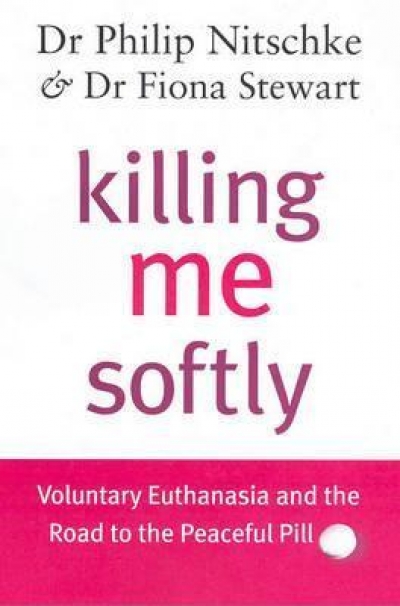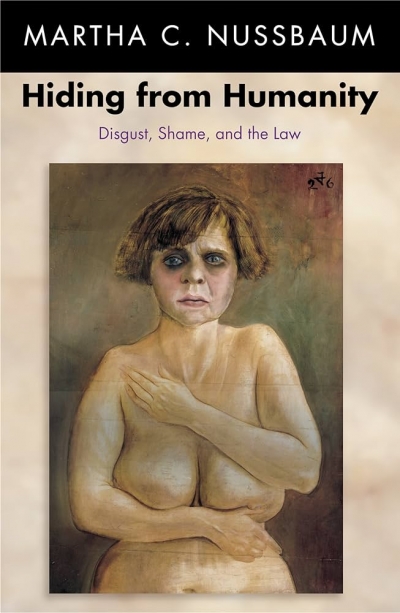Tamas Pataki
New Under the Sun: Jewish Australians on religion, politics and culture edited by Michael Fagenblat, Melanie Landau and Nathan Wolski
Want to write a letter to ABR? Send one to us at This email address is being protected from spambots. You need JavaScript enabled to view it..
... (read more)ADB replies to Paul Brunton
Dear Editor,
Paul Brunton has written of the quotas used in the selection of subjects for inclusion in the Australian Dictionary of Biography in a review (ABR, February 2006) headed ‘Mysterious quotas’, and in a follow-up letter (ABR, April 2006).
... (read more)Shortly before the federal elections of October 2004, Treasurer Peter Costello delivered an address entitled ‘The Moral Decay of Australia’ to 16,000 members of the Assemblies of God at the Sydney Hillsong Church. For his main theme, Costello invoked ‘the Judeo-Christian-Western tradition’, the core of which, according to him, was the Ten Commandments. He lamented that few people could recite the Commandments today, despite the fact that ‘they are the foundation of our law and our society’. He listed the legacy of that tradition as the rule of law, respect for life, respect for others and private property rights. ‘Tolerance under the law,’ he added, is also, ‘a great part of this tradition.’
... (read more)







